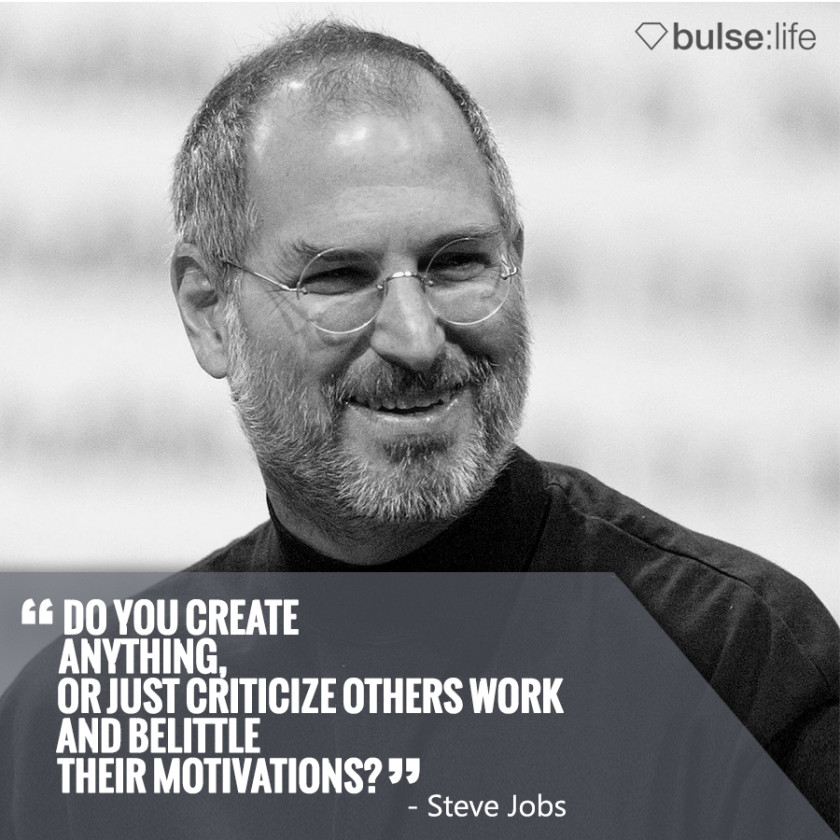There’s this perspective in the WordPress development community that results in a bit of divide among those who are involved. Granted, this is not the only perspective – it’s one of many – but it’s one that prevalent enough that most anyone who spends any amount of time chatting with peers online is likely to stumble across:
- Bad: Themes with a lot of options and features.
- Good: Themes without many options or features.
I’m oversimplifying this a little bit because the truth is not everyone thinks a theme without many options is a good thing (though we do love to get behind the “Decisions, Not Options” philosophy). Instead, it’s more like:
- Bad: Themes with a lot of options
- Good: Themes with a few options
- Weird: Themes with no options
Maybe “weird” isn’t the right word, maybe it is, but it’s a lot more concise than saying “something that doesn’t really fit between these two,” isn’t it?
To be clear, I’m not defending the idea that it’s okay for themes to have a lot of features and a lot of options and and a lot of proverbial knobs to turn, but I do question is it really productive continually talk about it?
Your Work Sucks
I don’t think there’s anything wrong with having a discussion about what makes a good theme or anything like that. I think conversations and talks like that ultimately help make us re-evalute our own decisions for what we think, and ultimately help shape the approach that we take when creating WordPress-based products.
But having a discussion over things is different than publicly whining about someone else’s work, isn’t it? That is to say, what good is really coming from sharing a negative opinion about someone else’s work?
Ah, another theme with 500 short codes, two sliders, 99 meta boxes, and 20 custom post types.
It’s become trite. I know, I know: Anyone who’s anyone in WordPress tends to talk about this at some point. But what happens if we don’t talk about it?
Does anything really change?
Doubtful. People are still going to be creating extremely minimalistic themes and extremely feature-heavy themes and everything in between. There’s nothing that really comes from talking about this kind of stuff, at least not on a wide scale.

Ironically, some of the very same people from whom we draw our inspiration and who have said a number of quotable things that we use to inspire us say things that fly in the face of what we’re actually doing.
Can we have it both ways? I dunno. I do think it feels a little incongruent to do something that’s in opposition to those opinions, beliefs, quotes, people, and thoughts that inspire us, but we’re all different in how we deal with and interpret that kind of stuff.
Anyway, I’ll say that if you’re hanging out with other developers at a conference, a meet up, an event, or even just for dinner and you’re casually talking about this, that’s at least in a closed, conversational manner, but taking it to places like Twitter where you’re just blurting into the global chatroom that it is doesn’t change anything.
People are still going to be creating things you dislike; people are still going to be creating things that you like. You’re still going to be building things for other people; others are still going to be building things for other people.
No, I’m not saying that I think it’s okay for us to create things that are incredibly feature-heavy. I’m in pretty stark opposite to that, but I’d also rather be the type of person who accepts the fact that other people are going to create things like this and they are going to find success and that’s great.
It’s their prerogative to build things like that, anyway.
If you take an open source project that’s freely available and you opt to building something on top of it in that way, then that’s fine. There’s no restriction on that and it’s clear that there is a demand for things like that.
At the same time, if you opt to build something that’s leaner, that’s fine too. There’s demand for that, as well.
Ultimately, I think that we need to work on the type of projects that we like the most and we need to focus on doing the best possible job that we can and stop talking so much about the things we dislike in other people’s work.
We are all subject to one another’s scrutiny and talking about what you dislike in something that you have absolutely no ability to change seems weird. Does it really make sense to spend a little bit of time each day pointing out all of the problems or the decisions that others have made that we dislike (and not even do anything about it)?
I’d rather be the type of person who demonstrates his opinions in the projects and software that are created, rather than in sporadic comments here or there.
That, at least, gives me something tangible for the philosophies, opinions, and so on that I respect. The rest is just noise.


Leave a Reply
You must be logged in to post a comment.